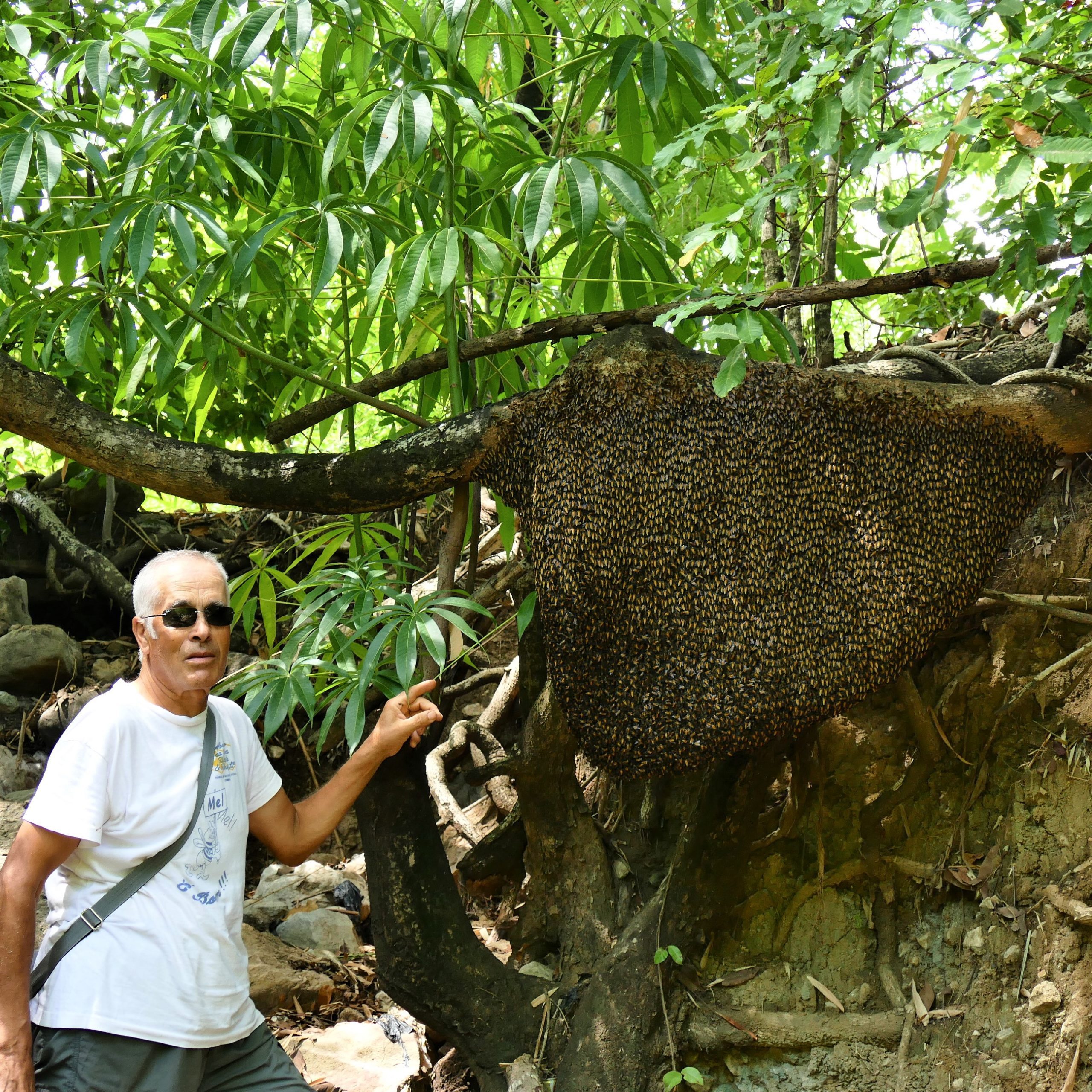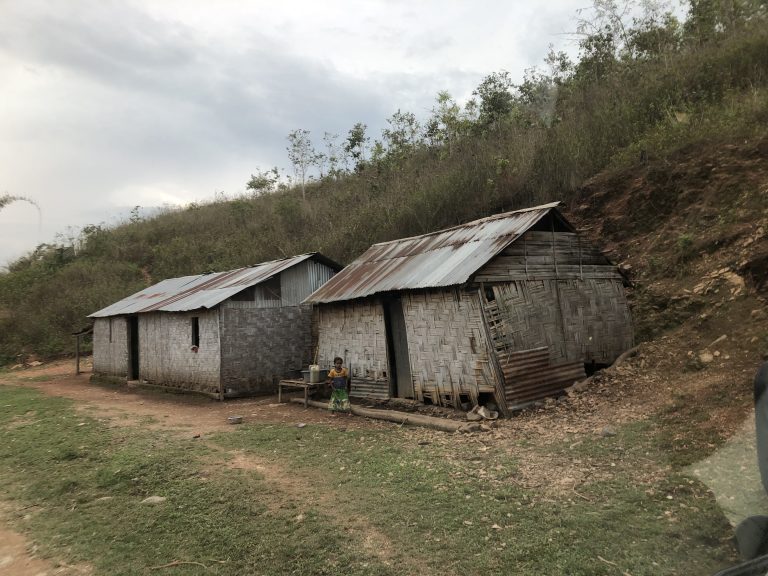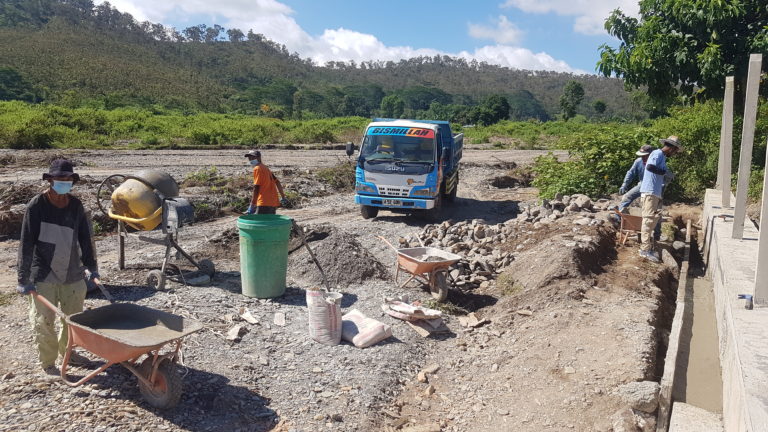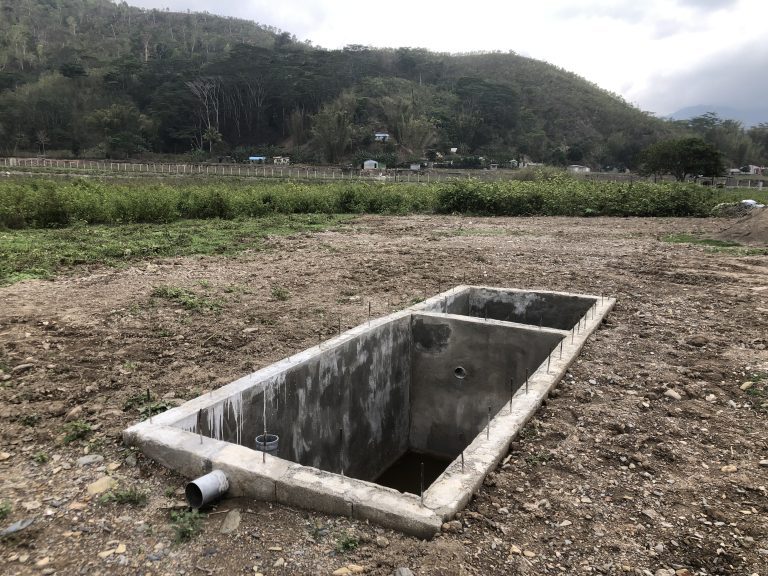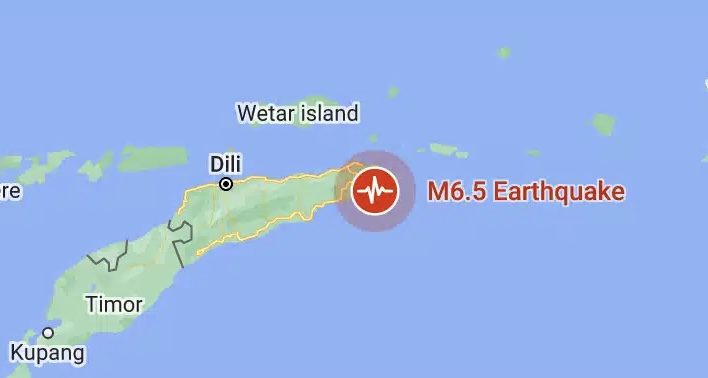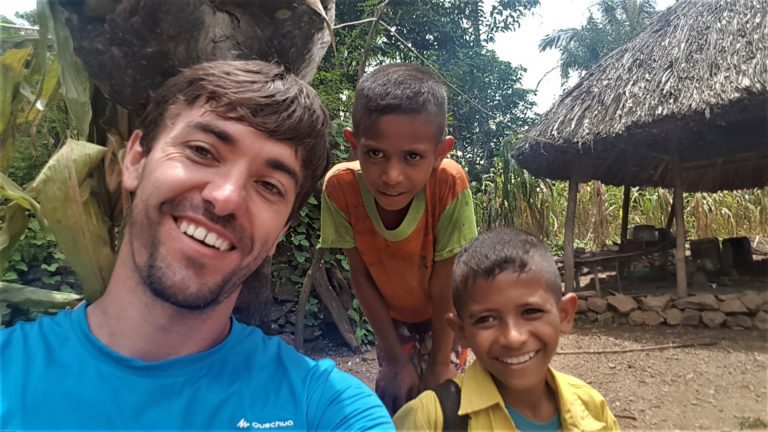Dreams… to turn into reality!
Some day, was a little disheartened that something had gone wrong at our work, I don't even remember what it was about anymore…the most important, that I will never forget, was the surprise my wife made me at the end of the day: when I entered our room I found this “message” so special that it LITERALLY gave me wings…
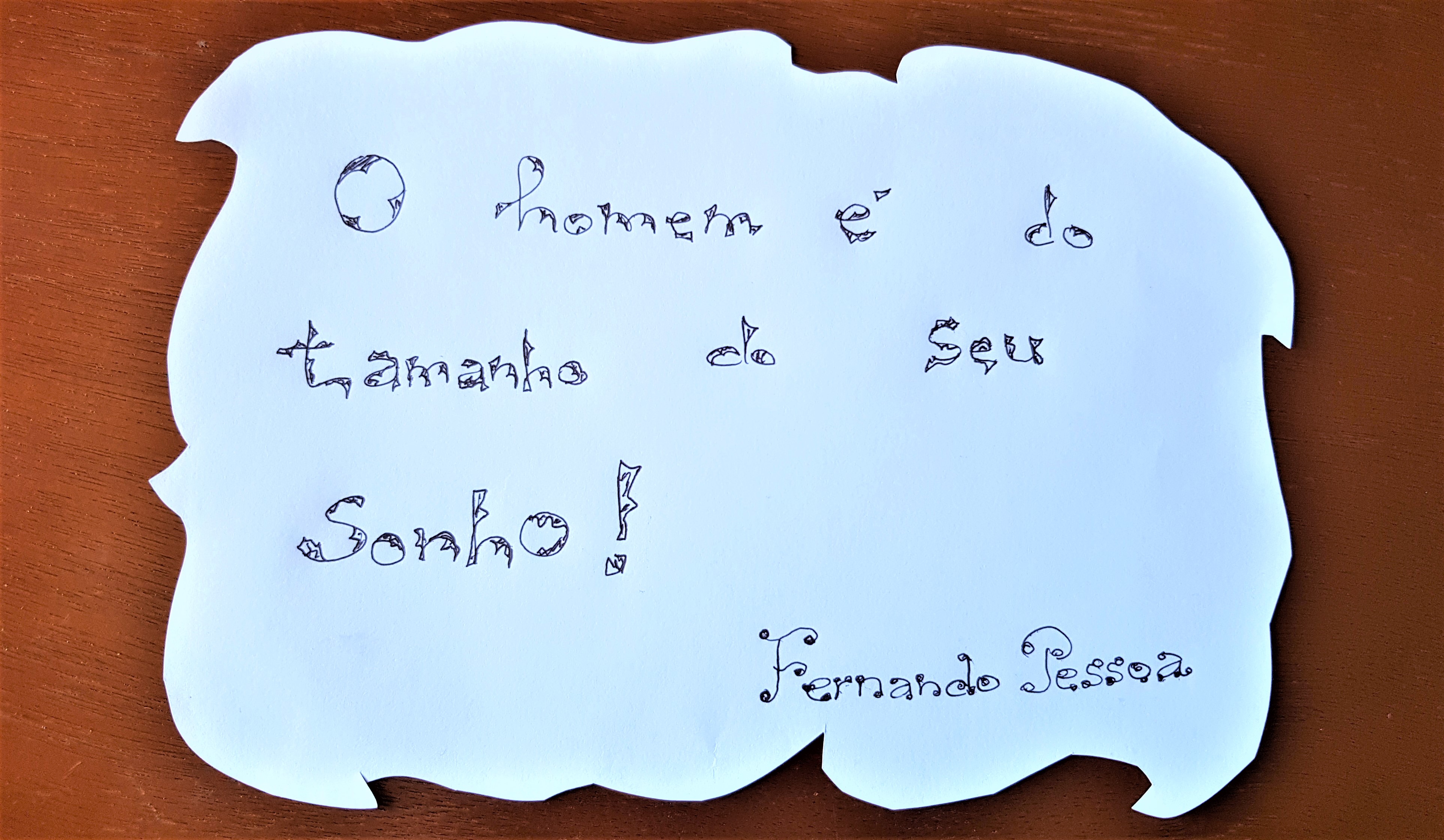
she never knew, until the date, how much this meant to me! I think the time has come for her to know; when reading this article!
I also never got to know if she did it out of my dismay., because at that time, me neither, nor did she say anything…only our eyes spoke, because we feared to spoil the magic of the moment!
With Andrada and Luke we made a lot of plans!!!!!
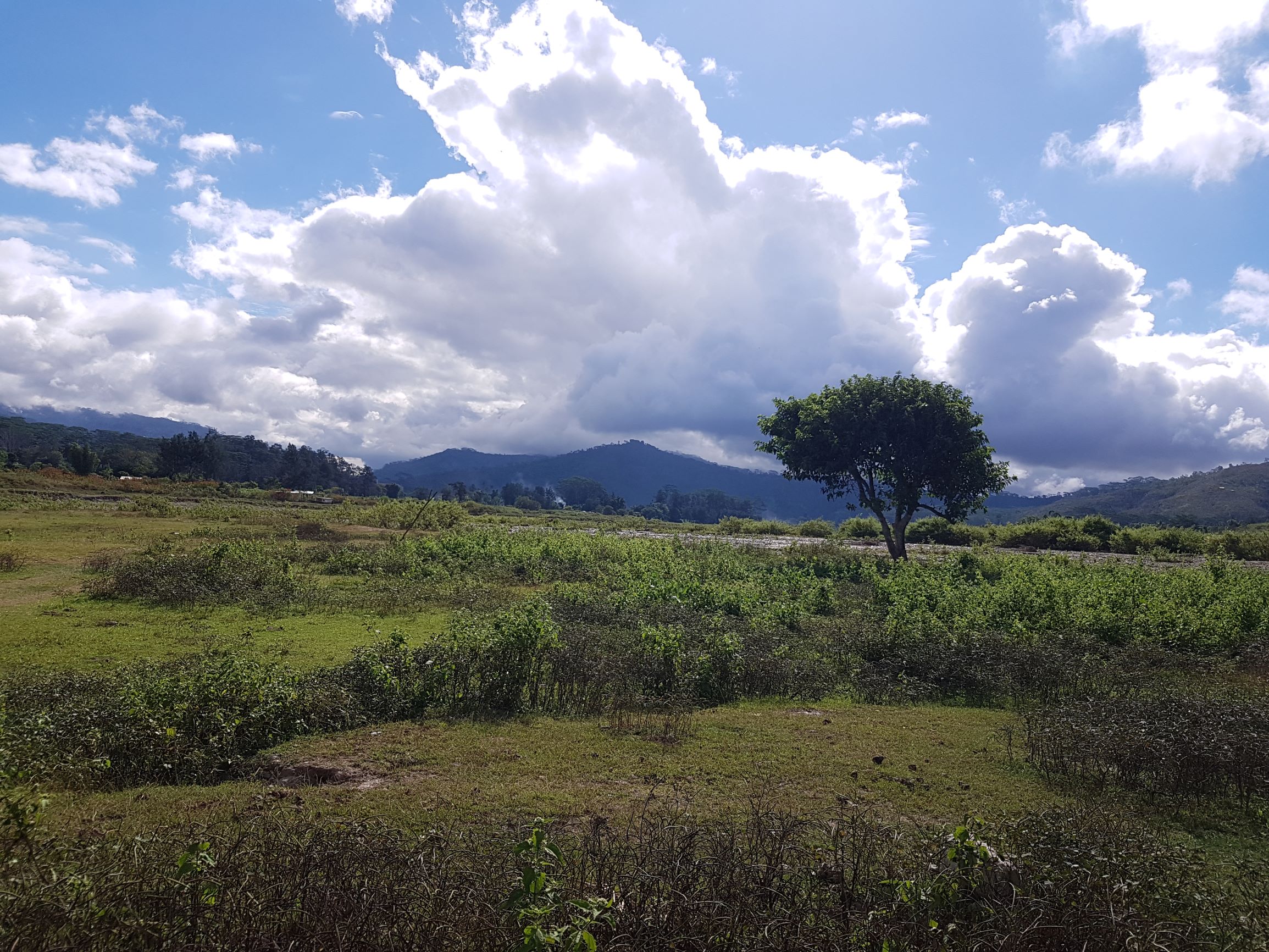
We intend to implement a local radio, because we are aware that it will be a very important tool, both for the dissemination of our project, as well as to raise awareness and transmit information in the field of health, hygiene, food and education… We already have the equipment that was offered, kindly, by some friends from Australia, occasion with which we take the opportunity to convey to you our: thank you so much!
In a first phase, we want to develop an organic beekeeping and agriculture project, to teach young Timorese to work with bees in hives, because here there is no such work system, there is only the so-called traditional beekeeping. not what it consists of?!?
Timorese beekeepers climb trees and pull out the natural combs that wild bees produce and imagine what kind of honey they will get, after crushing the combs by hand, along with the larvae of creation that would be the future bees…
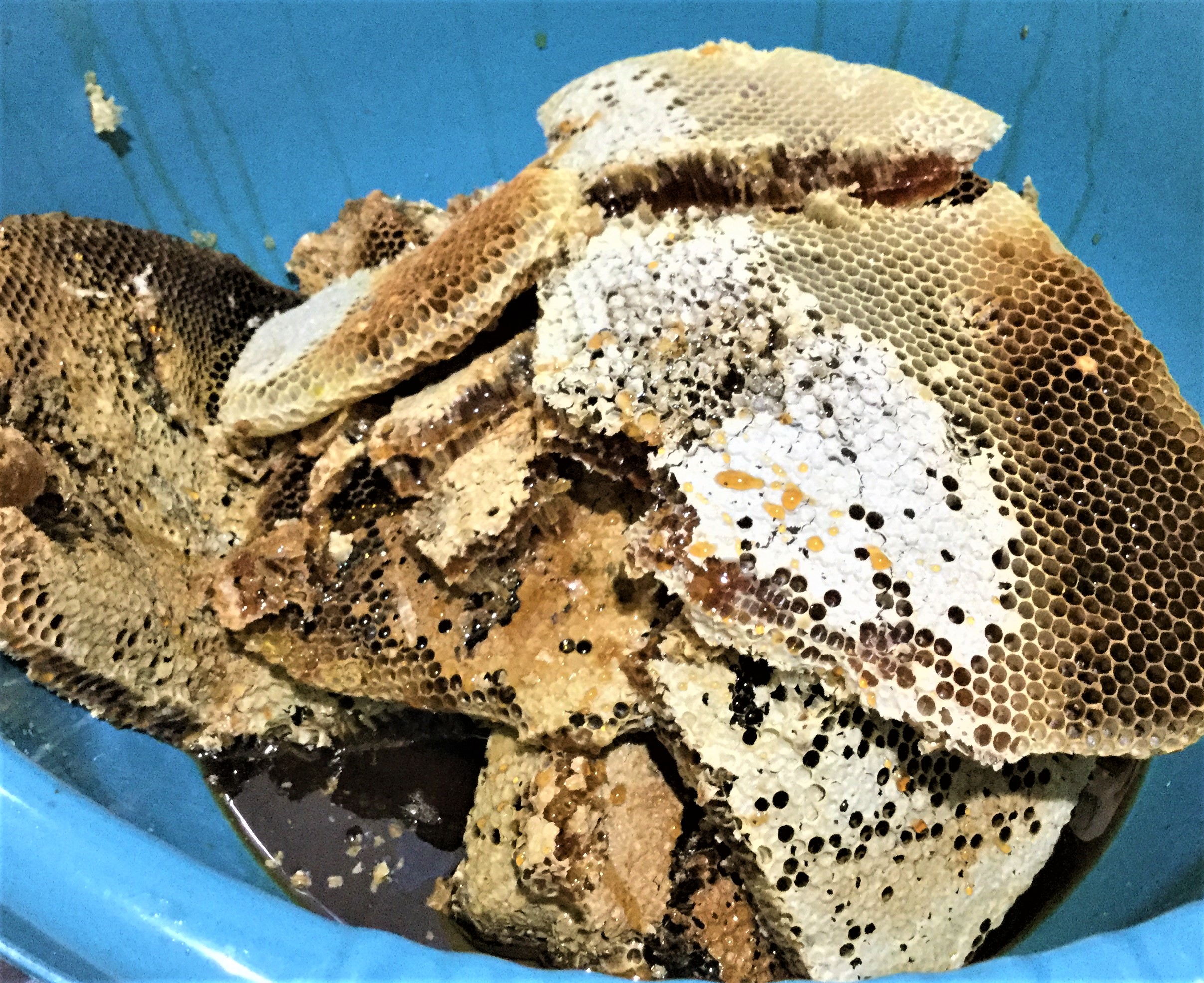
We intend to make them aware of the need, so big, of the preservation of the same, being the most important pollinators that ensure the balance of our planet's ecosystem, as well as, for our food as an important source of essential nutrients for the much-needed maintenance of our health.
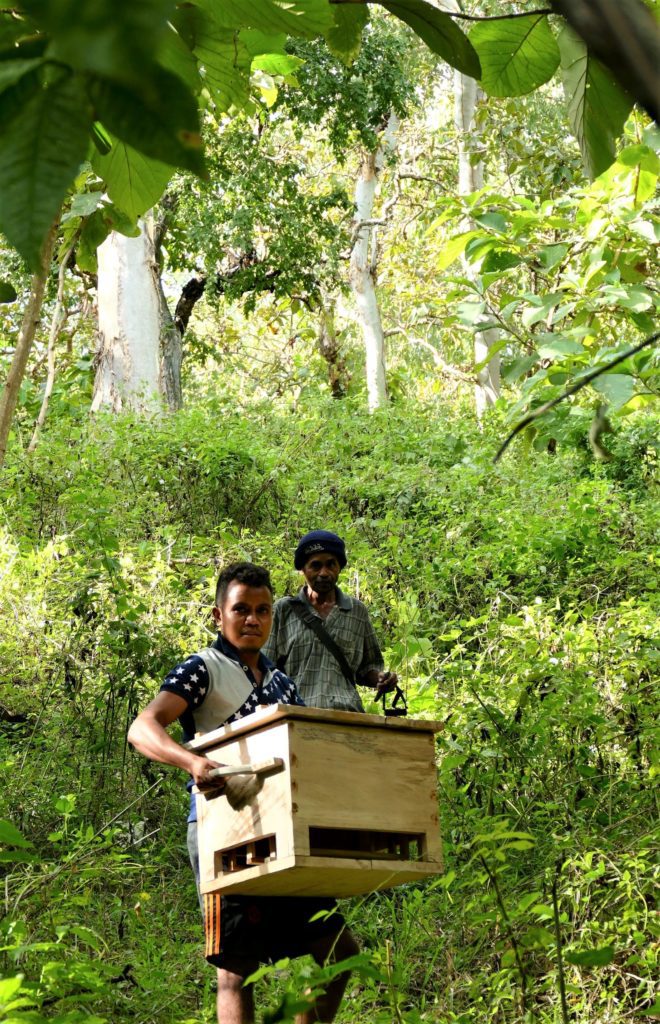
in East Timor, there are some wild bee species. I highlight only two: Apis Dorsata, the giant bee, and Apis Cerana which is the most similar to Apis Melífera (found in Europe and Africa), however a little smaller. After several failed attempts to entice them into a box, we were forced to surrender to the evidence and we gave up, because we realized that there was no way for the “to convince” to leave their natural habitat: the trees, in exchange for an honorable little house…
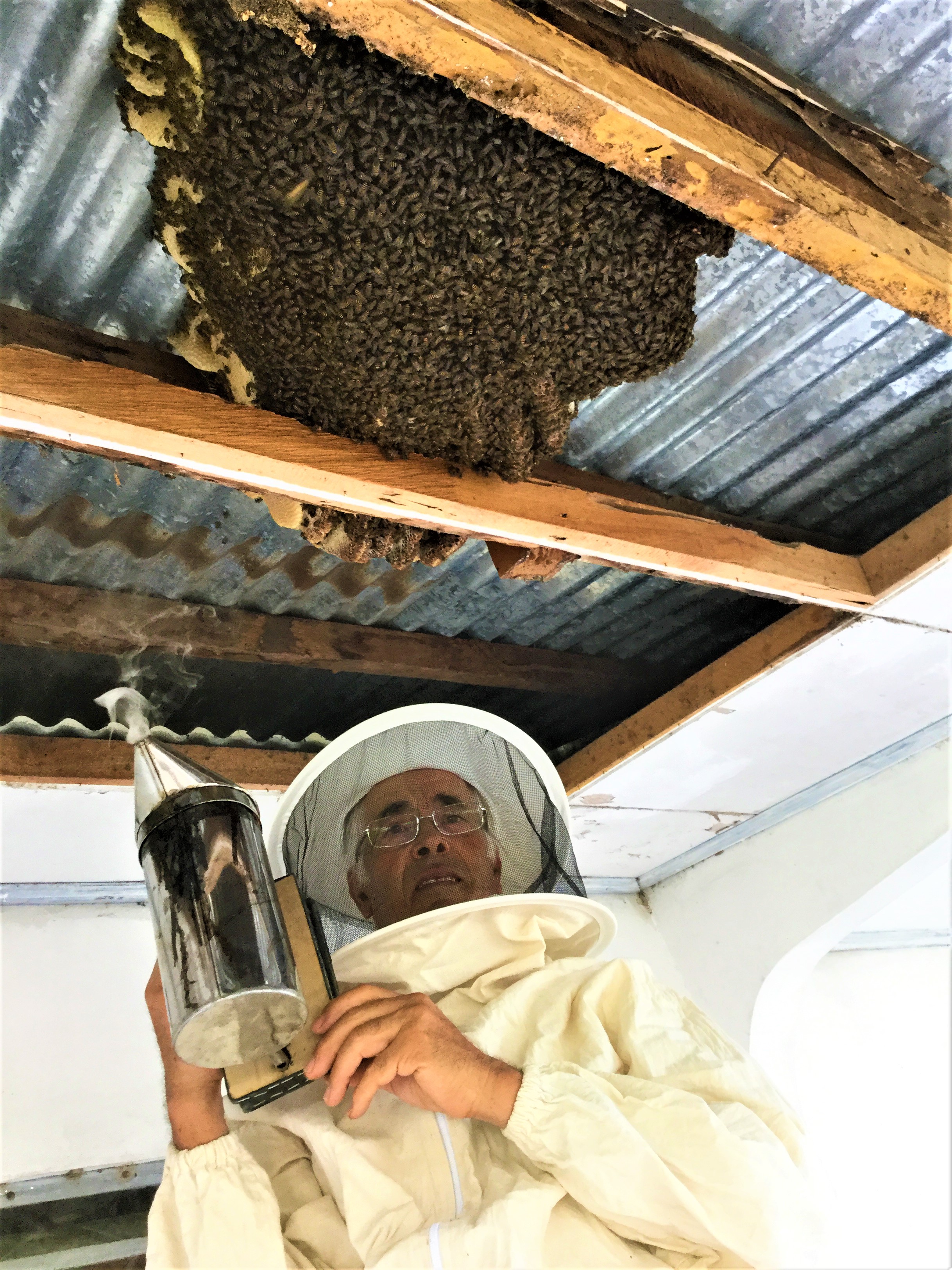
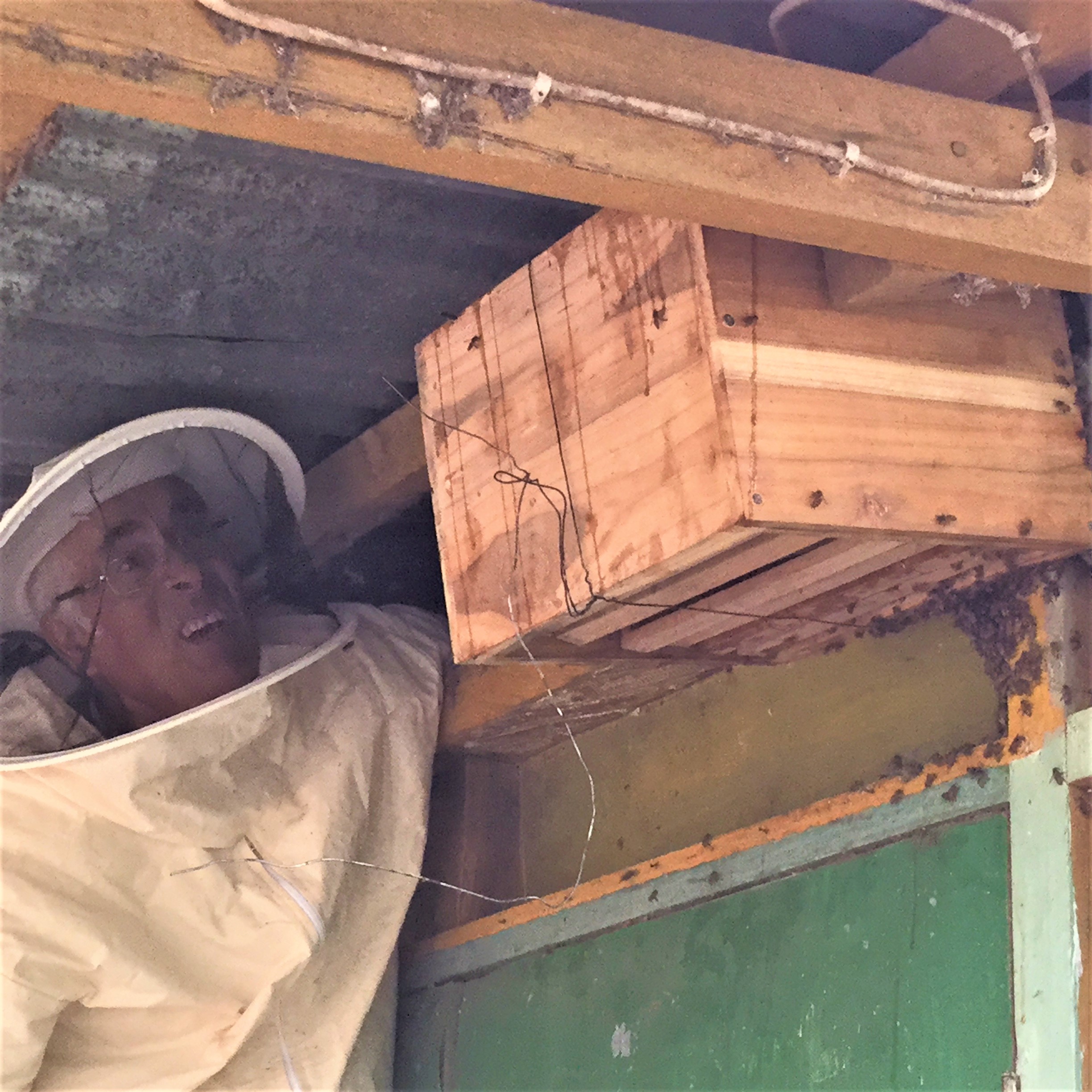
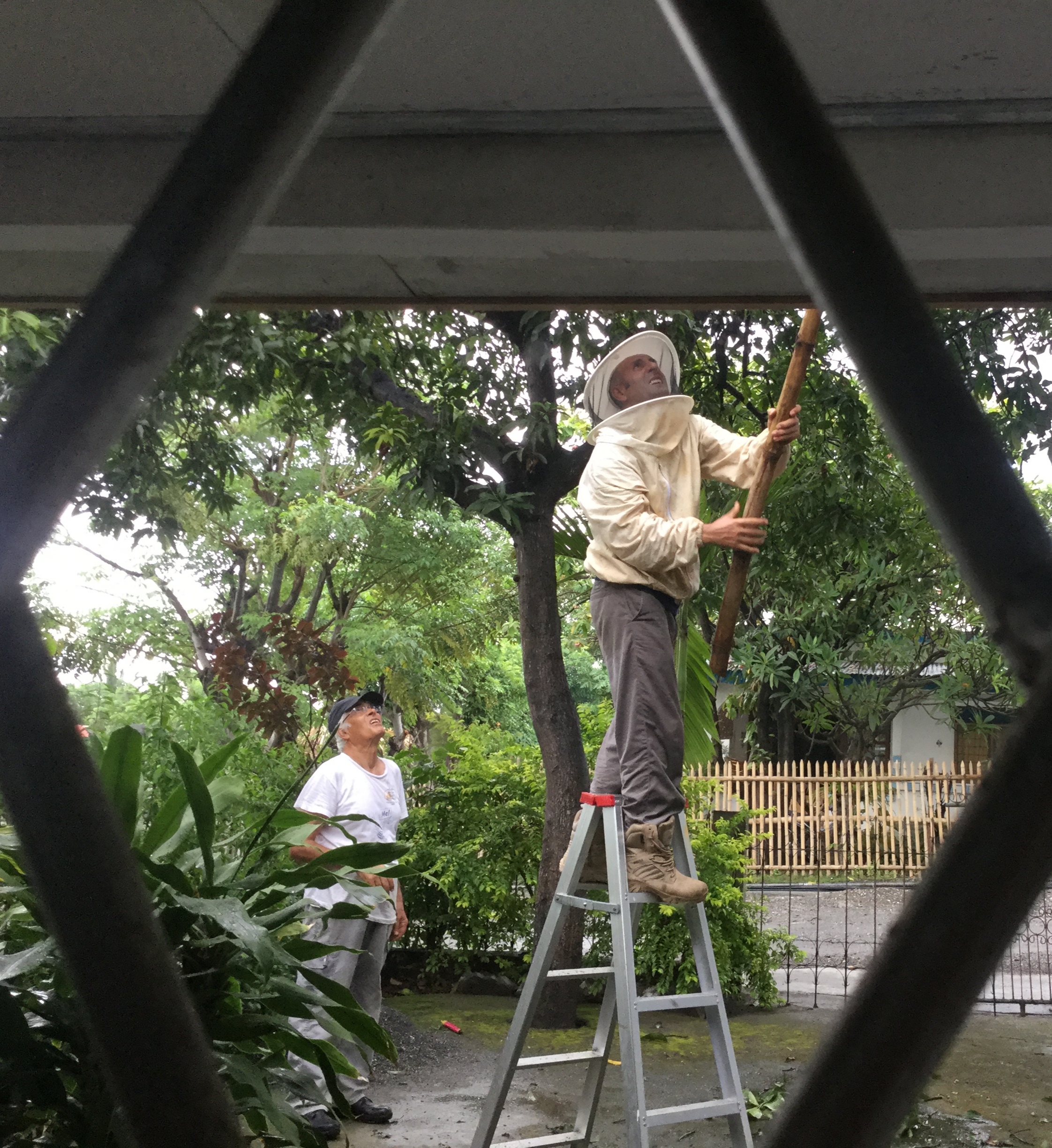
Therefore, we left for the alternative that we had left, import some colonies from Australia and we have already obtained an import license. At the moment, we hope that the legal rules between the Australian quarantine and the Timorese quarantine are established so that we can receive them soon… or, at least it is, precisely, this is our expectation and desire!
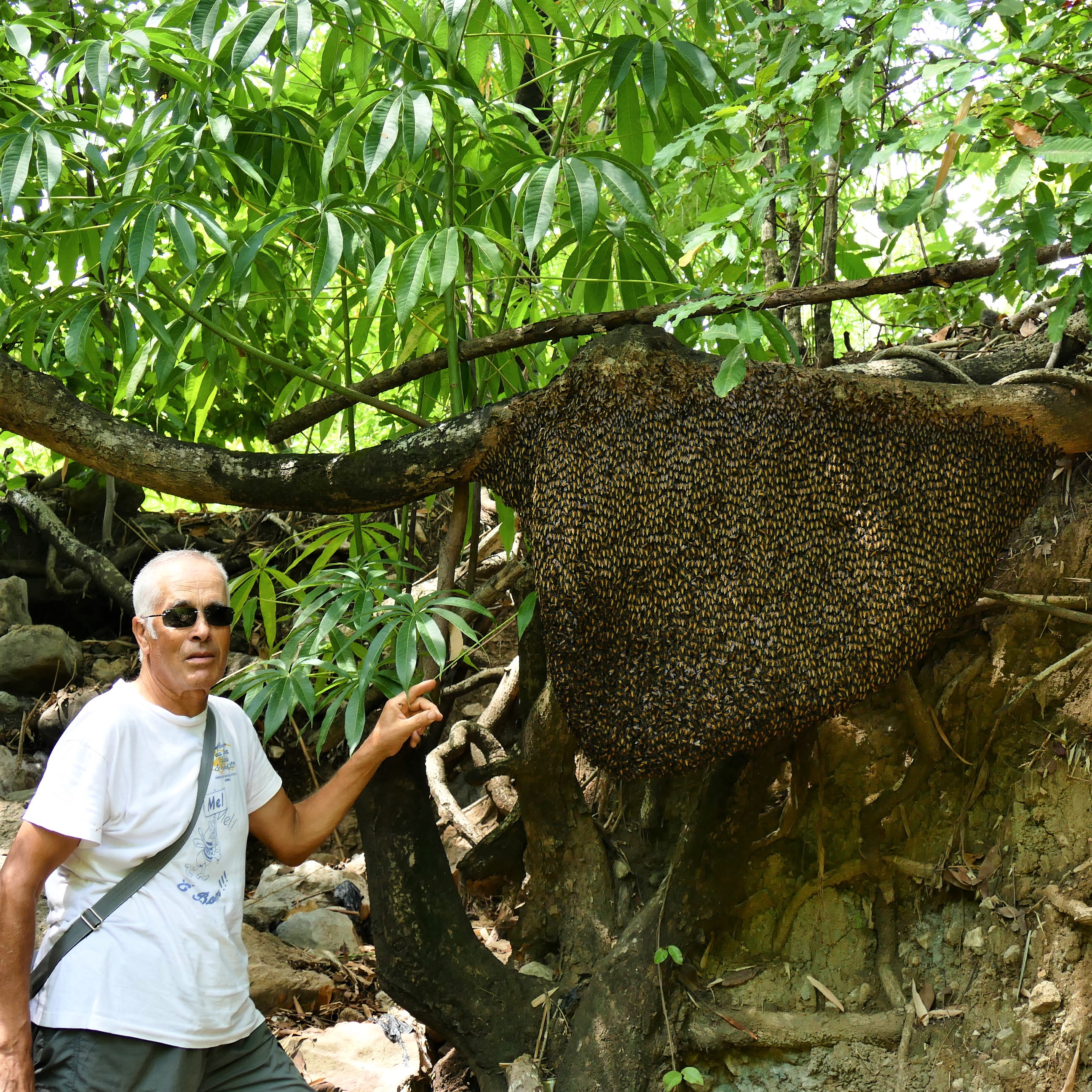
We want to teach Timorese young people to work with quality and extract honey in conditions of hygiene and food safety., thus avoiding the danger of fermentation and the appearance of certain diseases.
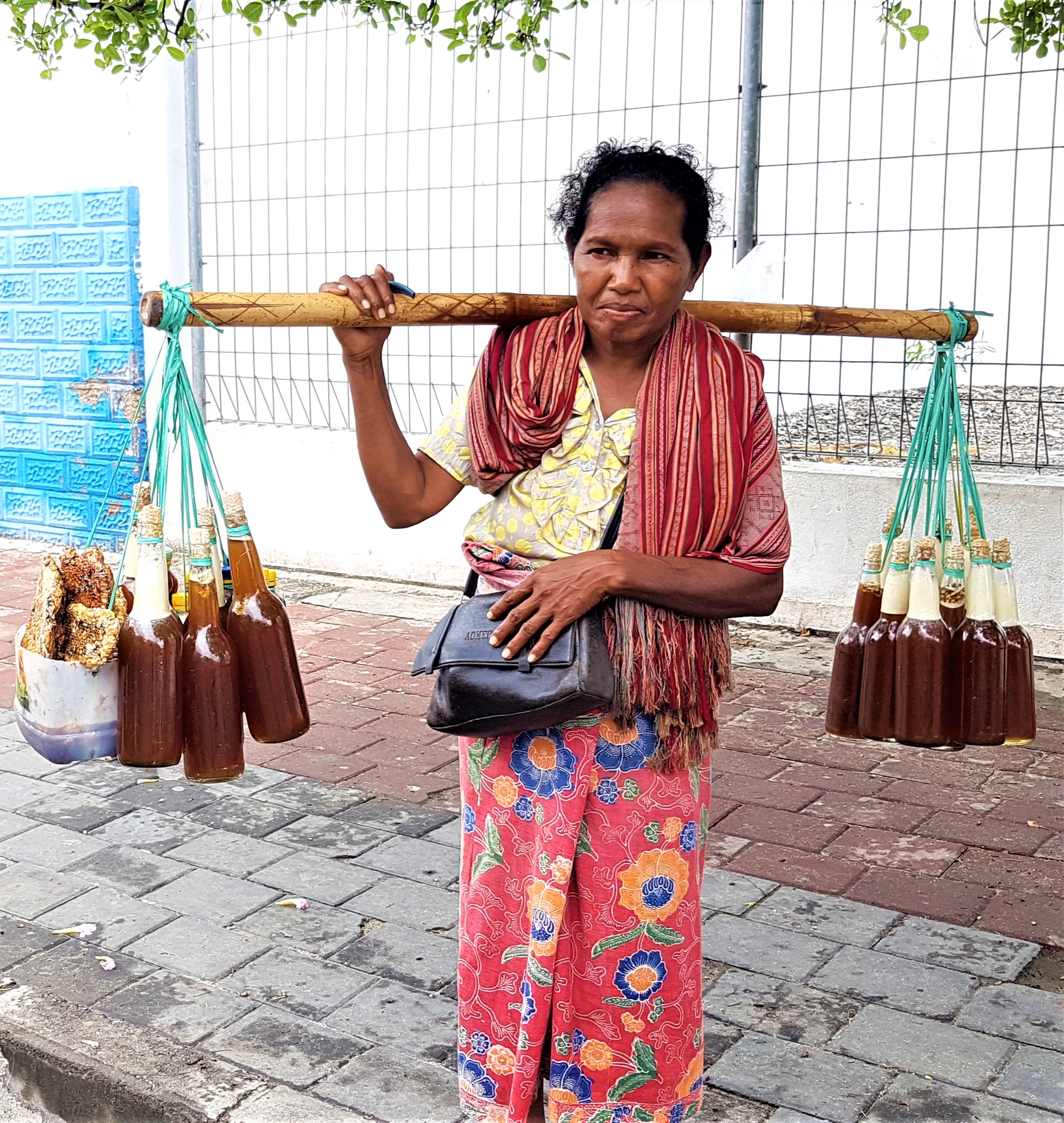
We want to work the land with the use of organic fertilizers and pesticides that will ensure that we obtain nutritious and healthy products.. in the same scope, we will encourage the majority of young people to acquire a taste for cultivating the land, because unfortunately the vast majority of them have the mentality that this type of work is humiliating. I had the opportunity to talk about this aspect with a Timorese friend who confirmed to me that this was a reality and I was very upset when he told me that men let their nails grow just to show that they don't work in the fields.!
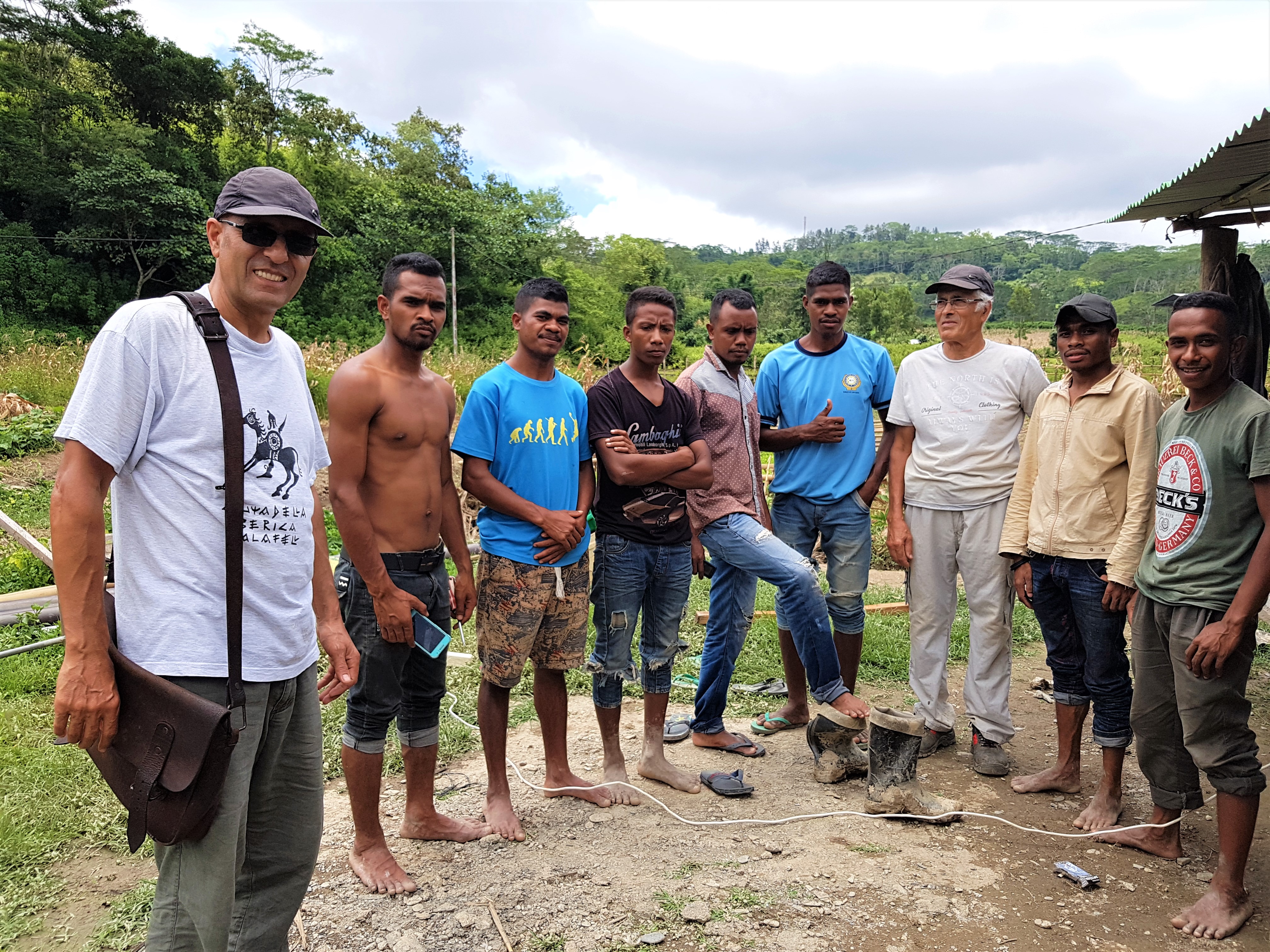
in the construction area, we intend to train young people to acquire theoretical/practical knowledge from the structure and foundation of a house, passing through the sanitary and electrical installations and ending with the thermal construction of the roof.
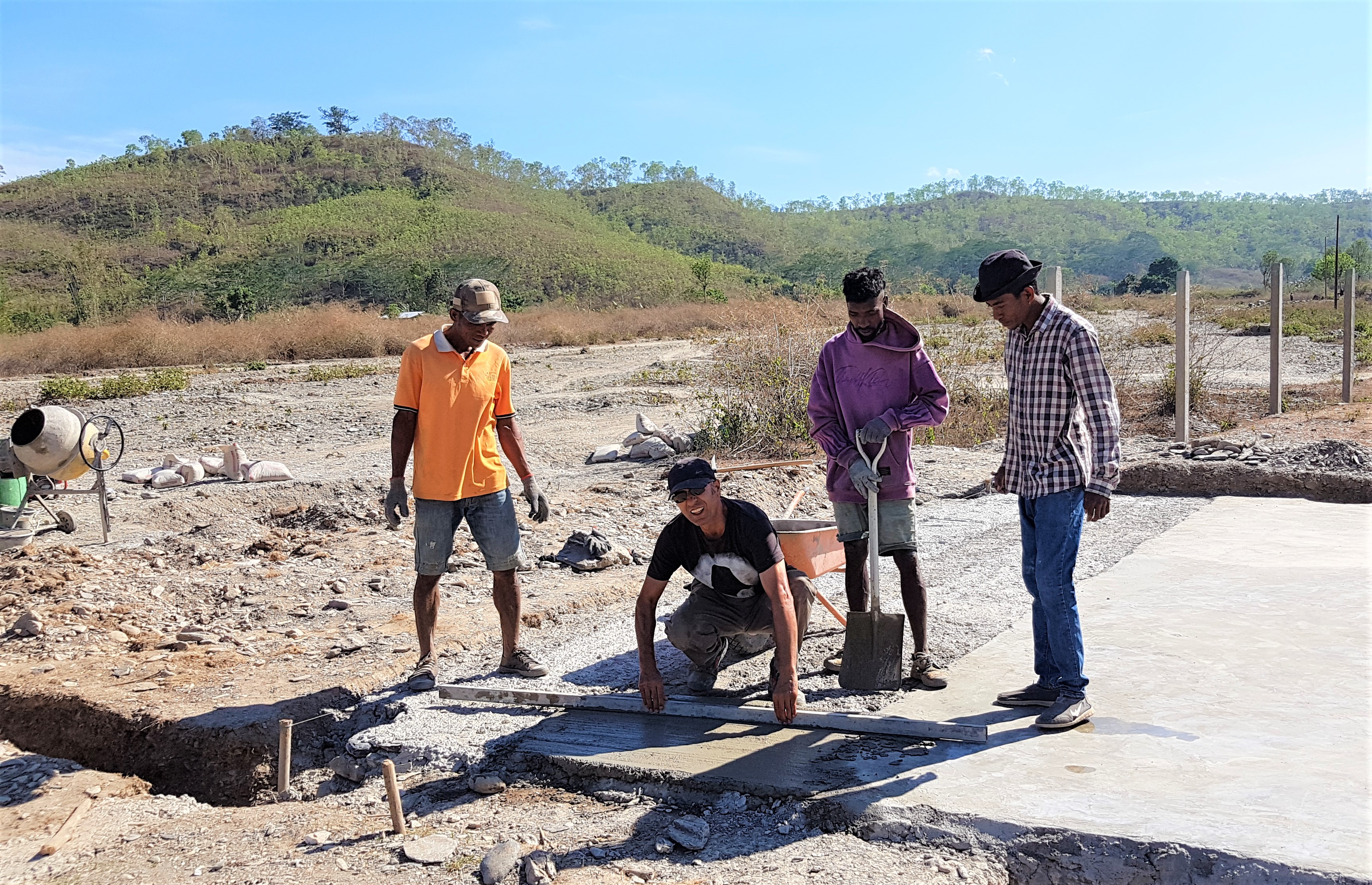
In a second phase, we want to build a free time atelier so that children can learn various practical activities (kitchen, agriculture/beekeeping, sewing, painting and drawing, photography, handwork), namely to play musical instruments. We understand that this is one of the most important and efficient ways to shape their character., encouraging them to develop their talents, with a view to helping them choose their professional career.
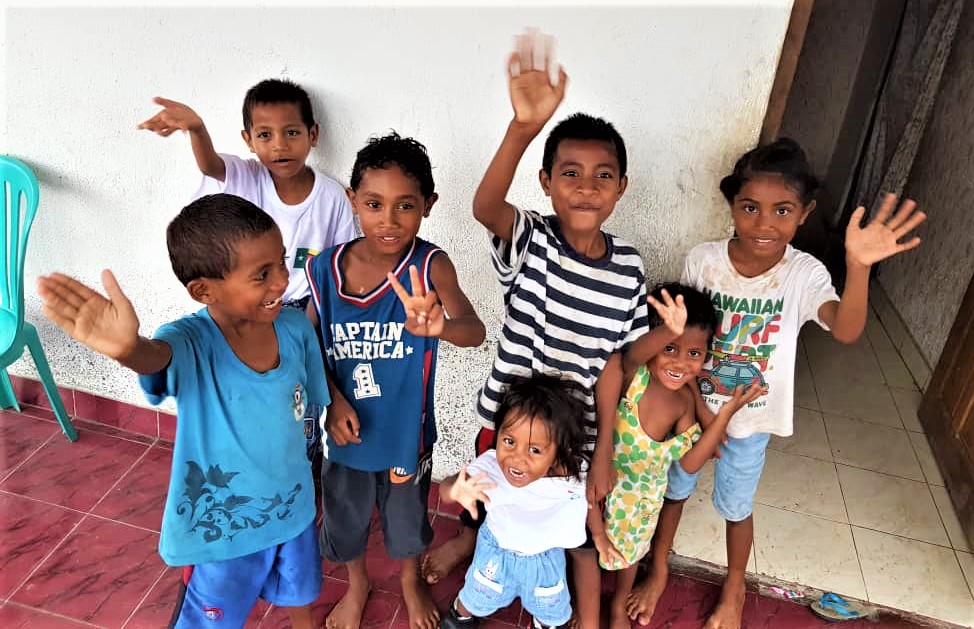
In a third phase, if God allows, we would like to build an orphanage, because there are a certain number of abandoned children who need our love and an opportunity to know family affection, having access to the same training opportunity, like children who had the privilege of being born and accepted by their family.
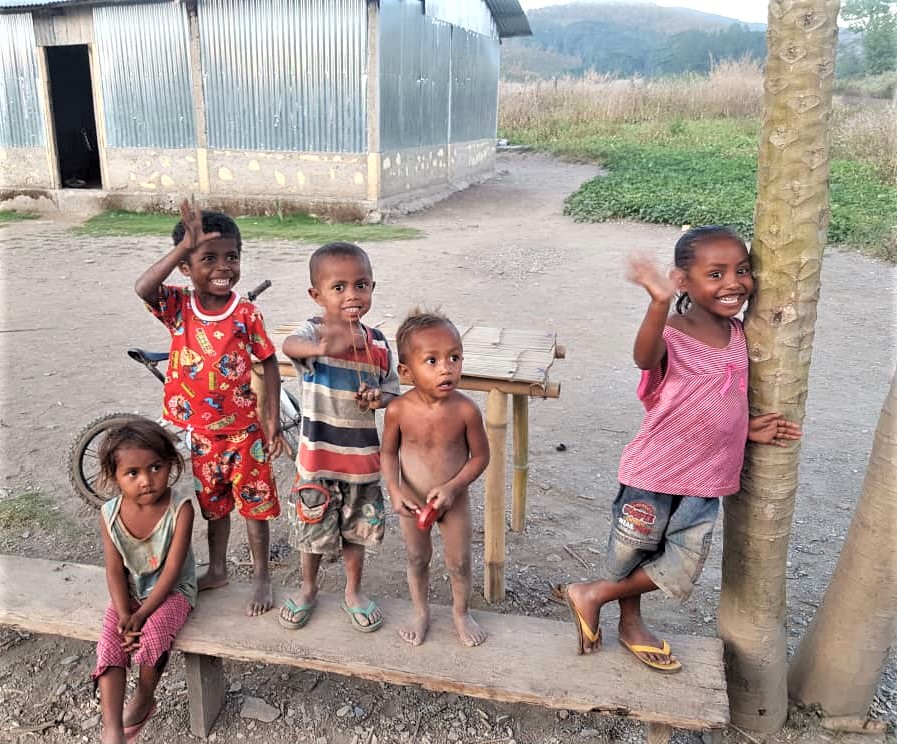
At this stage we want, also, set up a small clinic for natural treatments that will meet the needs of the majority of Timorese, especially in the treatment of diseases considered problematic in Timor, as well as: tuberculosis, cancer, diabetes, cardiovascular diseases, sexually transmitted diseases, especially HIV and syphilis, infectious and parasitic diseases, malnutrition, etc.
According to a survey carried out by Unicef, in the year of 2007, more than one in ten Timorese children are malnourished, of which one in two is chronically malnourished. Given this reality, We have prepared a systematic nutrition plan that will help many poor families understand how to eat, as balanced as possible, according to your material possibilities.
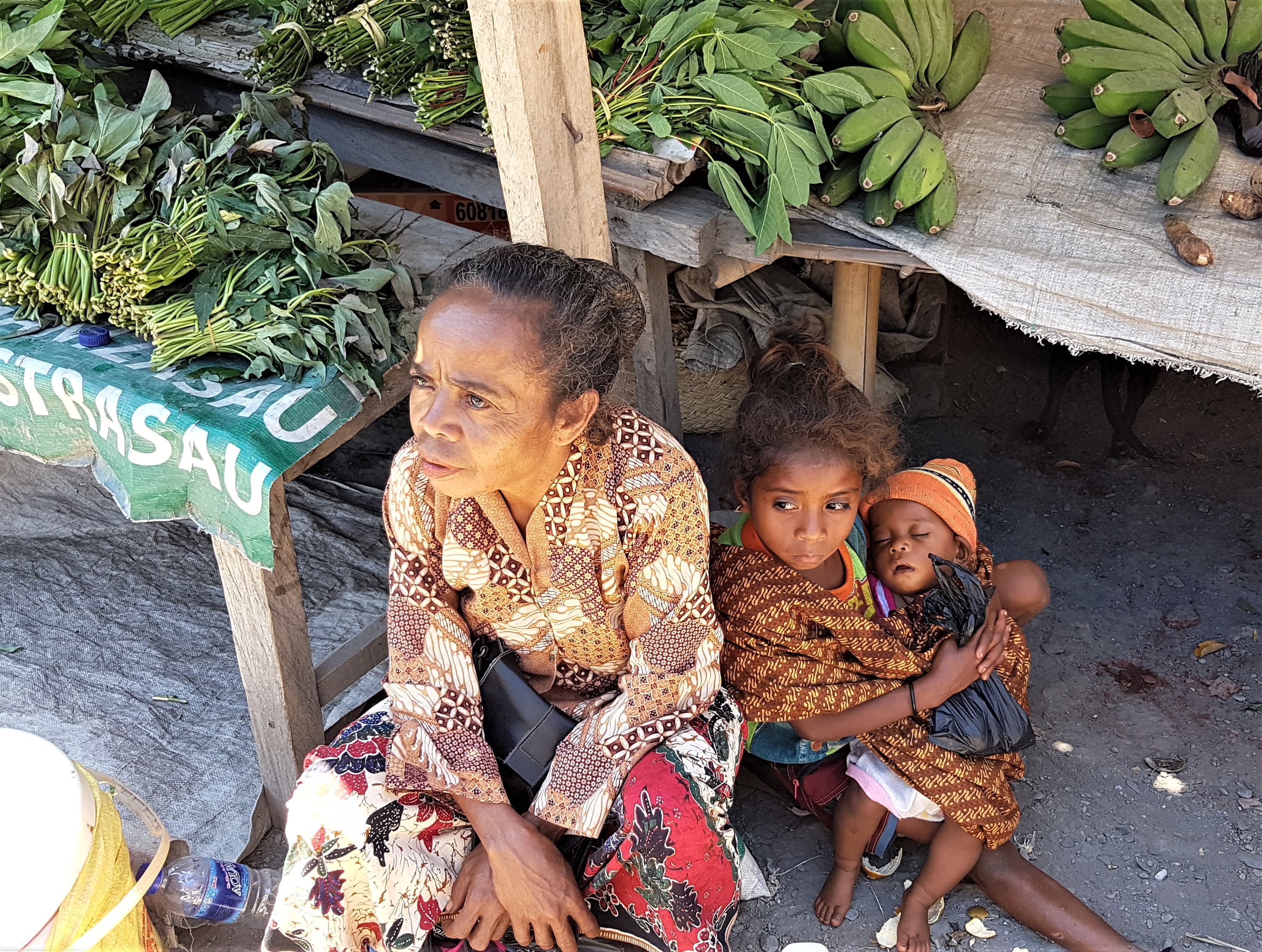
I was curious to know how much fruit the Timorese usually eat daily and when I asked several Timorese employees I was astonished to hear that most did not even remember, alright, when they had eaten a banana lately… according to their statement, only eat some fruit during the rainy season! Image! only for four, five months a year!
When I shared this sad reality with my wife, we were very touched and we even commented that, in many families of the civilized world, often children and even adults literally turn up their noses when a fruit they do not like very much is placed in front of them.…
How nice would it be that next time, when we have only one kind of fruit on our table, not complain about the lack of the second or third! Before, we must learn to thank God for receiving so many blessings from His hand, reminding us because, that somewhere in the world, out there, there are many people who see fruit as a luxury item and who very rarely stop at their tables!

